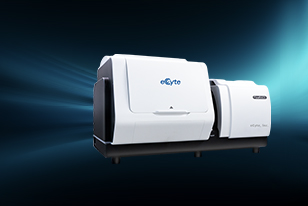This Website Uses Cookies
We use cookies that are essential for the proper functioning of this website. With your consent, we may also use additional cookies set by eCyte and third-party partners to enhance your browsing experience, enable social media features, and analyze website traffic.
To learn more about how we use cookies, please refer to our Cookie Policy.
By clicking 'Accept', you consent to the use of all cookies, including non-essential ones.
By clicking 'Decline All', only strictly necessary cookies will be used, including one cookie to remember your preference.
By clicking 'Settings', you can customize your cookie preferences.
You can change or withdraw your consent at any time by clicking on 'Cookie Settings' in the website footer.






